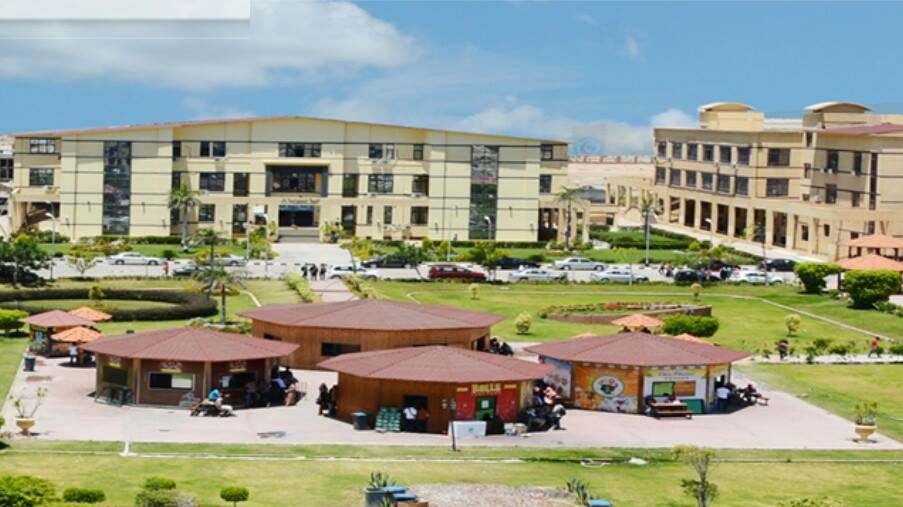Egypt’s Private Universities Booming
Expansion of private higher education may exacerbate the already stark inequality in education
Though controversial, private universities are booming in Egypt.
Egyptian President Abdel Fattah el-Sisi has responded to the high demand for higher education through a recent presidential decree instituting the growth of four not-for-profit private universities throughout Egypt: King Salman International University in the South Sinai, Alamein International University in New Alamein, Galal University in El Galala, and New Mansoura University in New Mansoura.
“Private higher education is very contentious in Egypt and there is a lot of politics around it, including its legality,” Dr. Elizabeth Buckner, assistant professor of higher education at the University of Toronto and author of a forthcoming book on higher education policies in the Arab world, told The Media Line.
“The big debate in Egypt and in many parts of the Arab world is how private universities are simply selling their degrees to whoever will pay for them, which can exacerbate existing wealth inequalities in higher education attainment,” she added.
While public universities do not charge for attendance, the upper and higher middle-class demographic tend to comprise the student body. There is an admissions test to get in, which requires high-cost tutoring or attending private school pre-college, which better prepares students for the test.
“Essentially, offering free public higher education is subsidizing those already well-off in Egypt,” Dr. Caroline Krafft, assistant professor of economics at St. Catherine University in Minnesota who has written extensively on the subject, told The Media Line.
Students enrolling in private universities also tend to be relatively wealthy with the steep price of tuition. However, the cost does not always mean that the quality of education is superior.
“There are major tradeoffs in expanding the role of private universities. Private universities do not necessarily offer higher quality education nor do they necessarily lead to better labor market outcomes,” Krafft said.
Private universities are a relatively new phenomenon in the country, with the first institution opening its doors 24 years ago.
While many young people clamor for a degree, Krafft contends that the necessity of a diploma remains murky.
“Whether there is a need for expanded higher education overall is unclear; higher education graduates in Egypt and the region tend to have higher unemployment. There are generally low rates of return to education,” she said. “Yet Egyptian youth and families know that higher education increases the chances of getting a good job, so demand remains high.”
The big debate in Egypt and in many parts of the Arab world is how private universities are simply selling their degrees to whoever will pay for them, which can exacerbate existing wealth inequalities in higher education attainment
The Egyptian higher education system is watched closely by the rest of the Arab Middle East as it is known for having some of the best universities in this corner of the world.
“Egypt has trained professors and teachers who went to other parts of the region,” Buckner said. “The country has a long history of being the exemplar of higher education in the region that other countries are following and their commitment to free public higher education for all secondary graduates with high enough scores on their secondary exit exam was the model that was picked up by many Arab countries throughout the region.”
The ramifications of private university growth in Egypt, therefore, have widespread implications.
While the expansion of the four private institutions decreed by el-Sisi will be in the nonprofit higher education sector, this is not the norm in the region.
“Most of the private universities in the Arab world are for profit,” Buckner said. “Even if they are technically nonprofit, they’re finding different, creative ways of returning profit to shareholders. For example, while the educational institution is nonprofit, the land might be rented from a for-profit company. When they say nonprofit, are they truly nonprofit or are they nonprofit in name only?”


